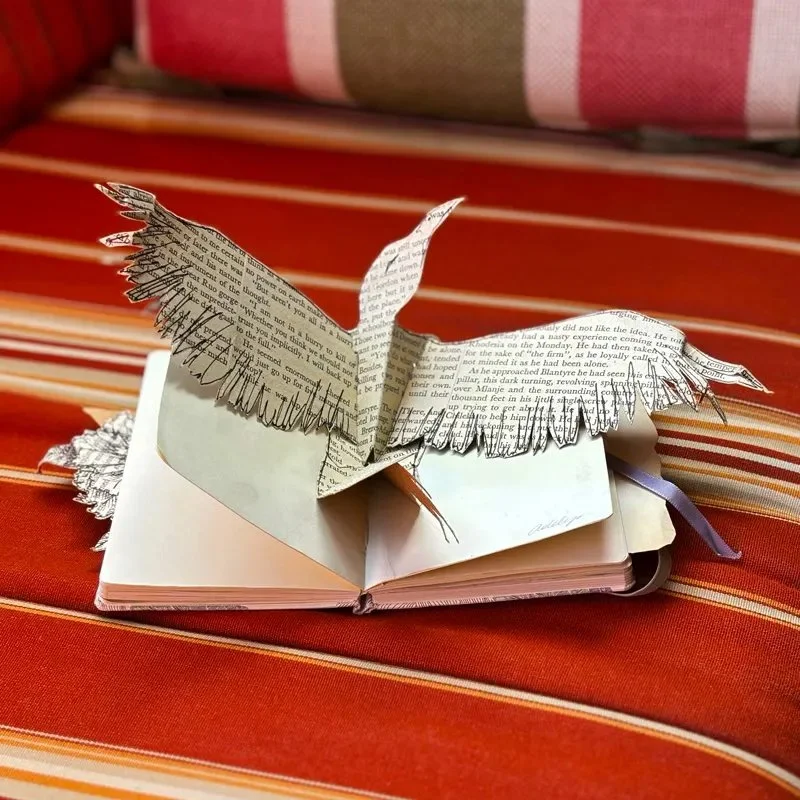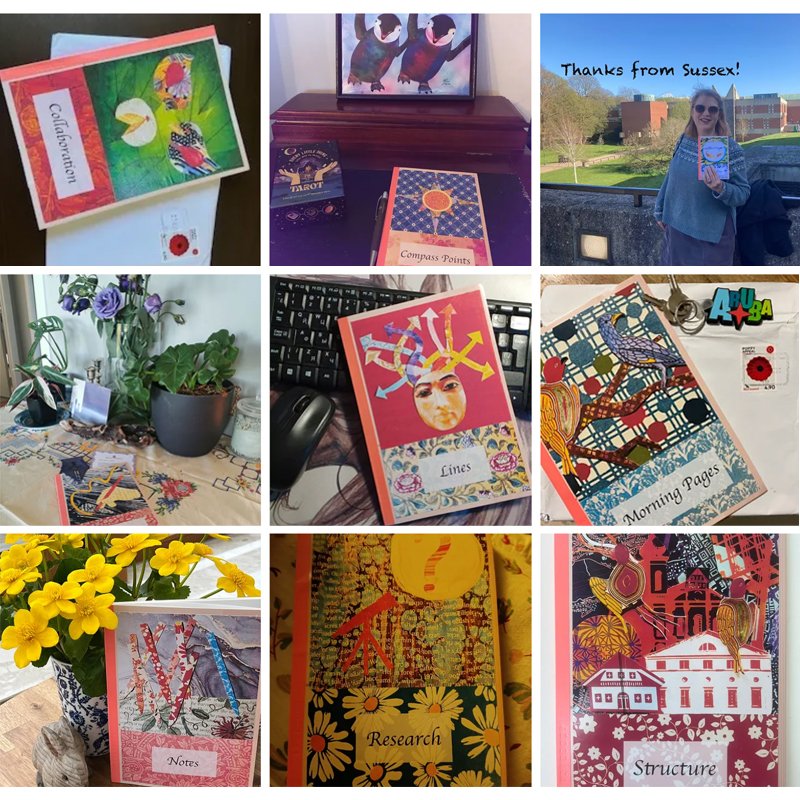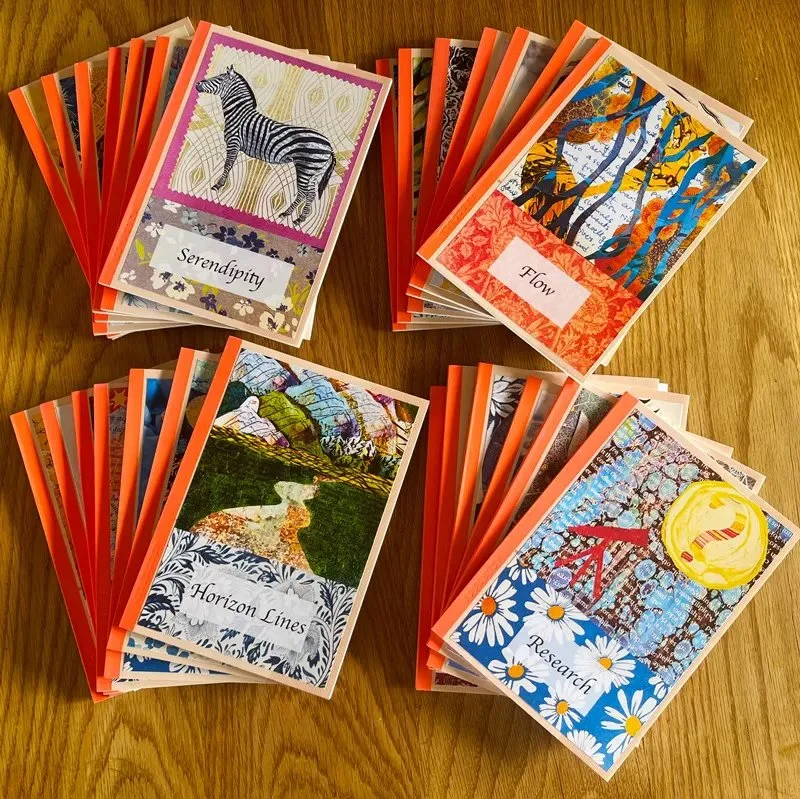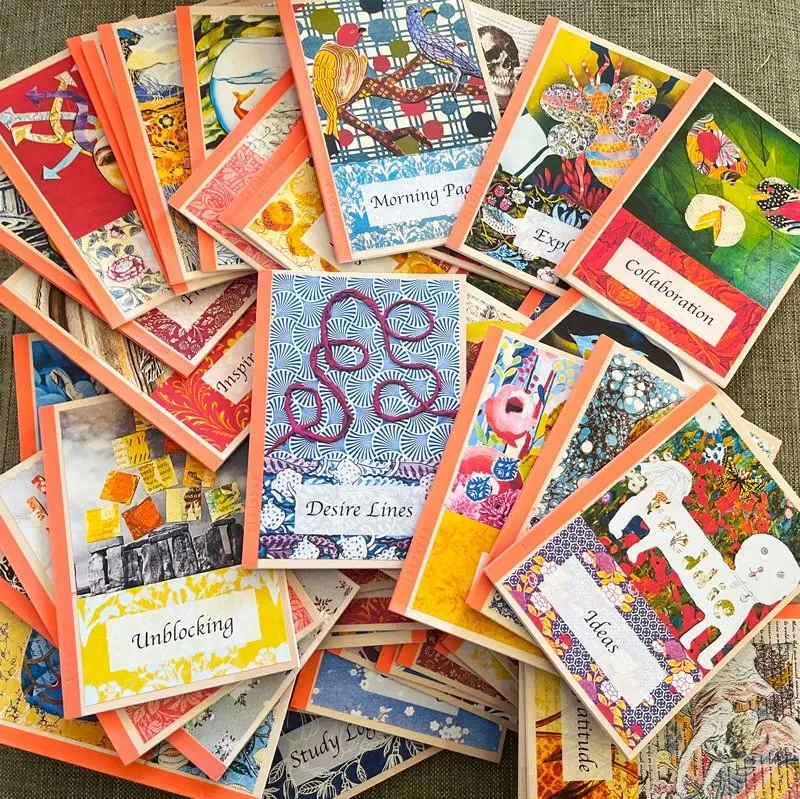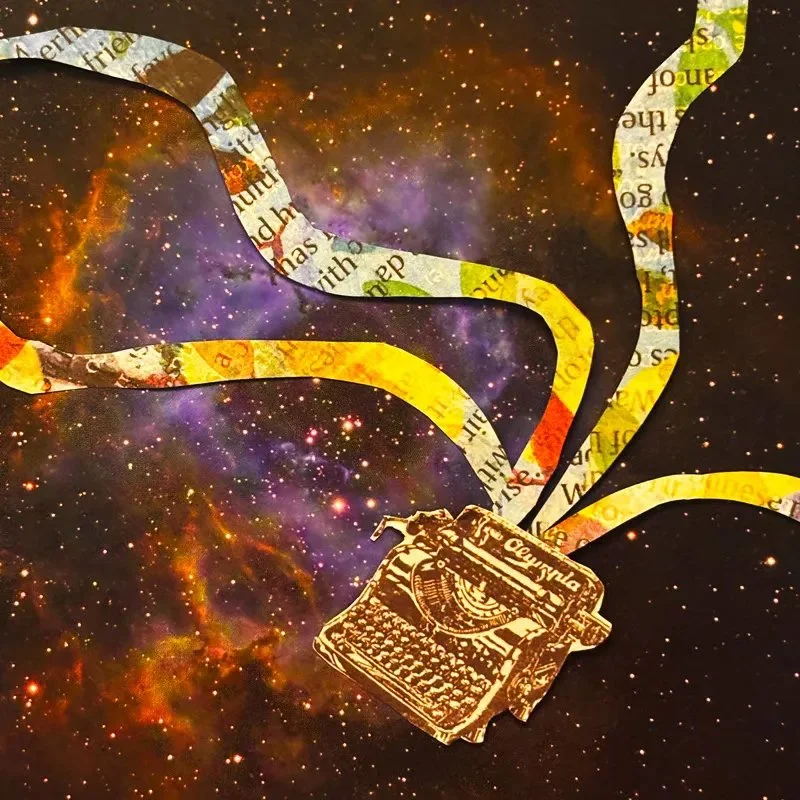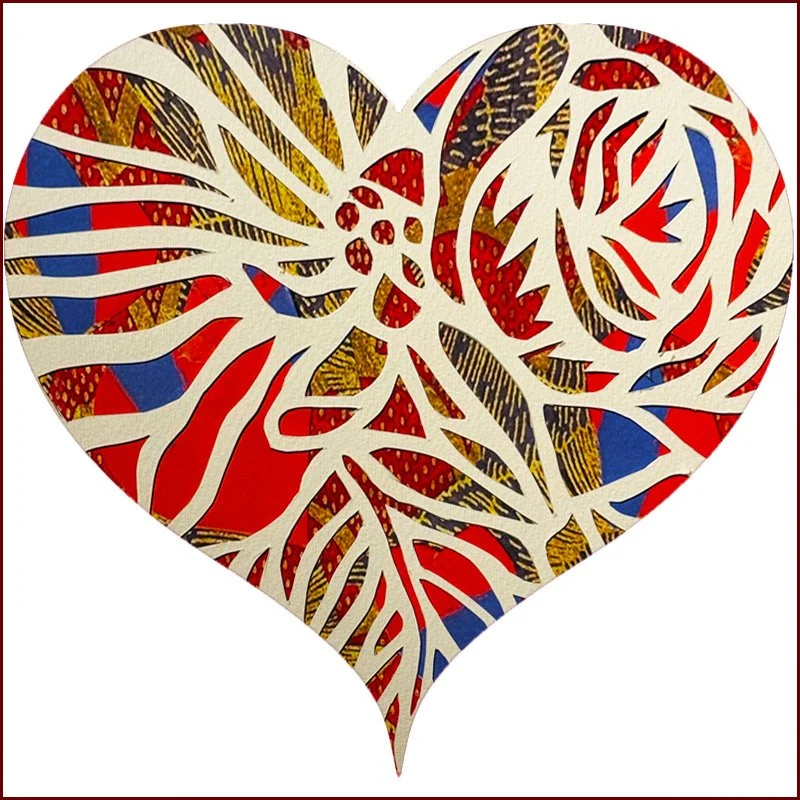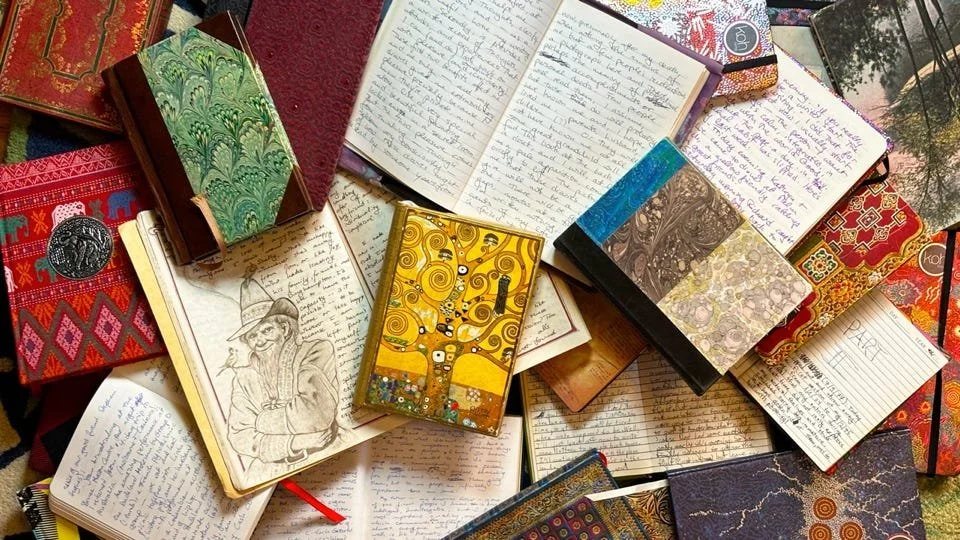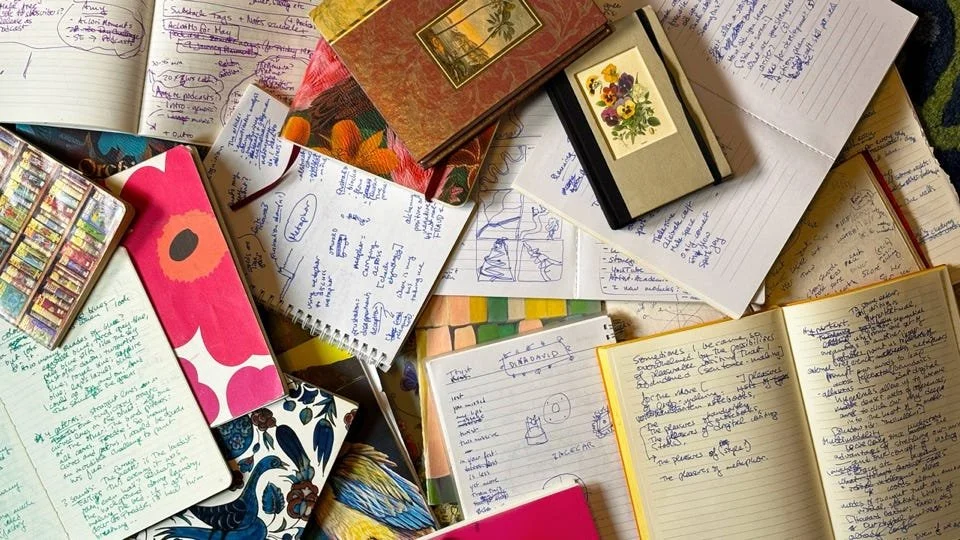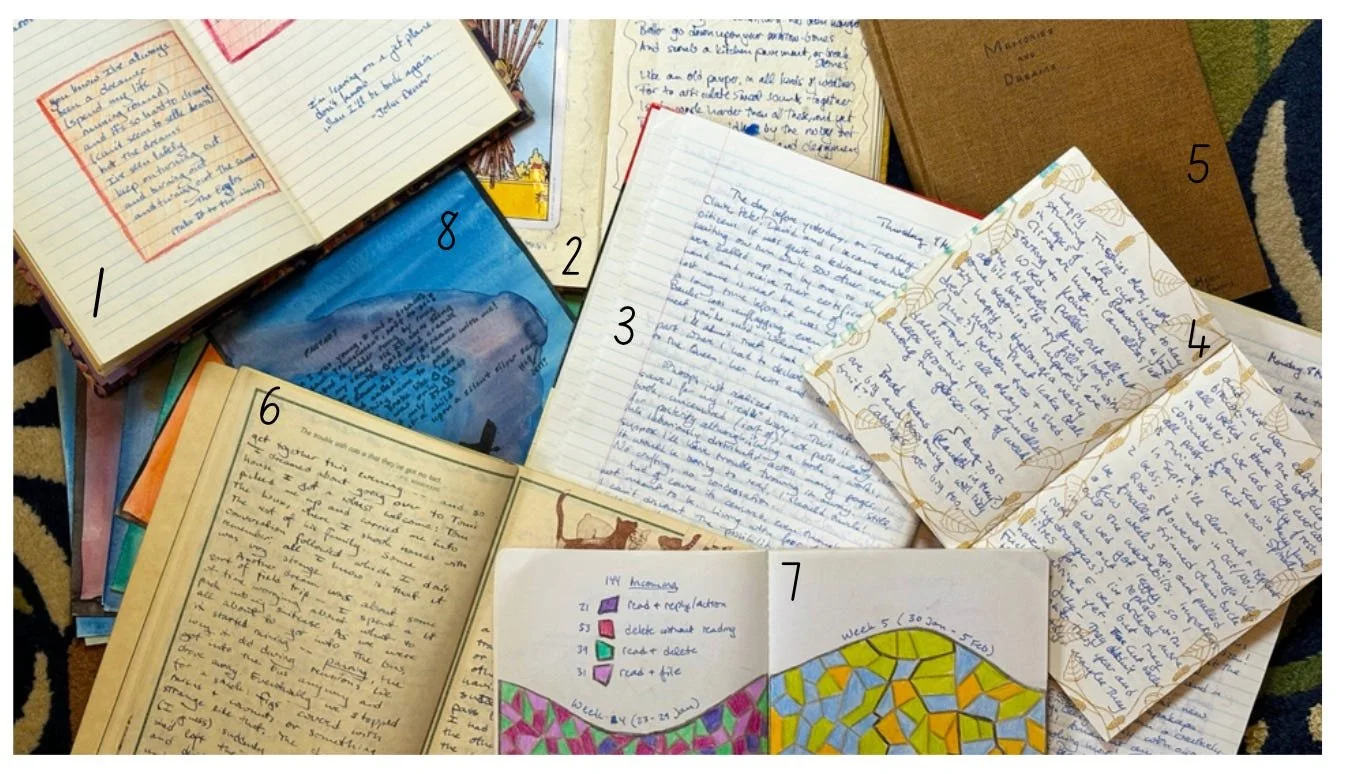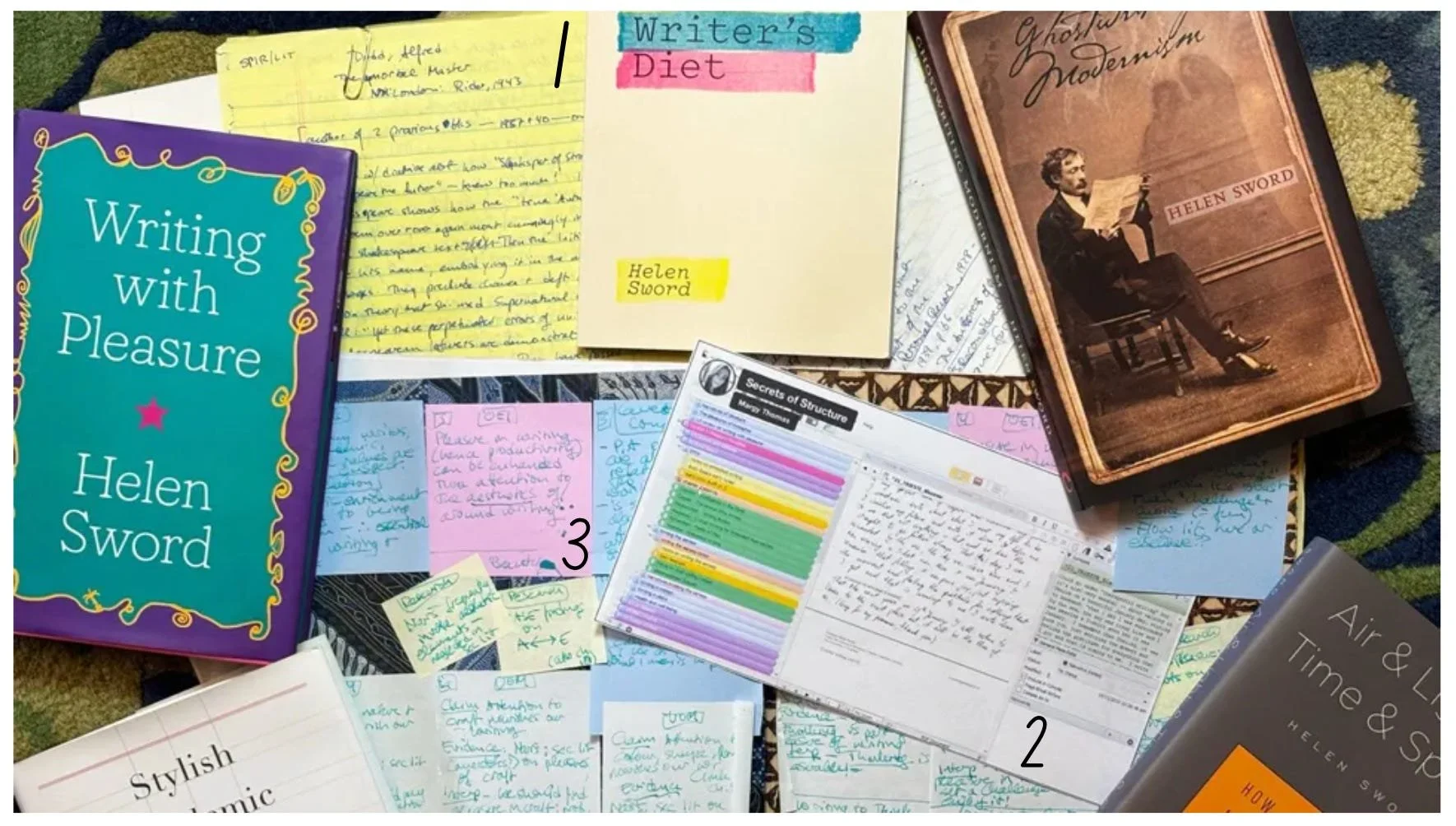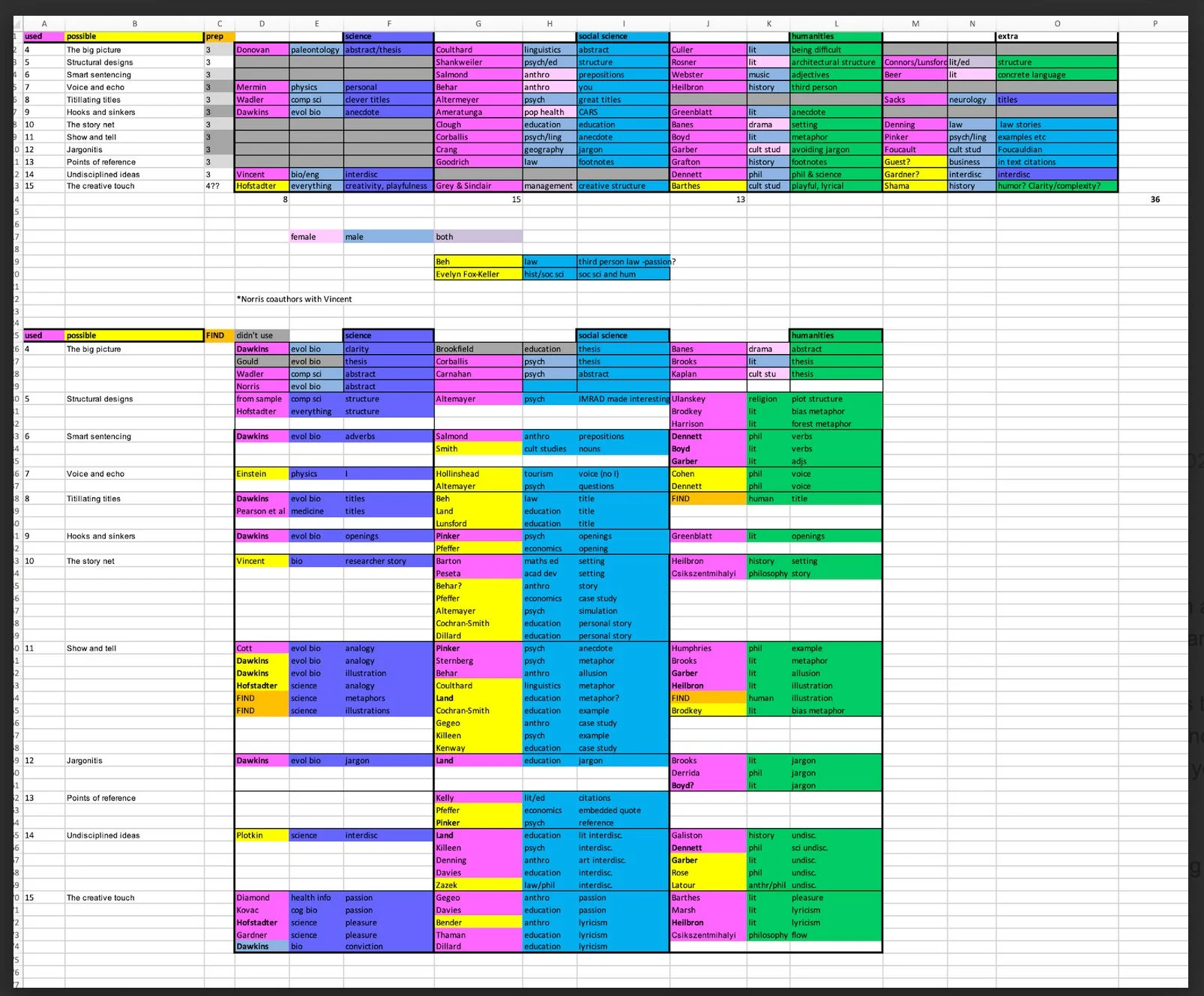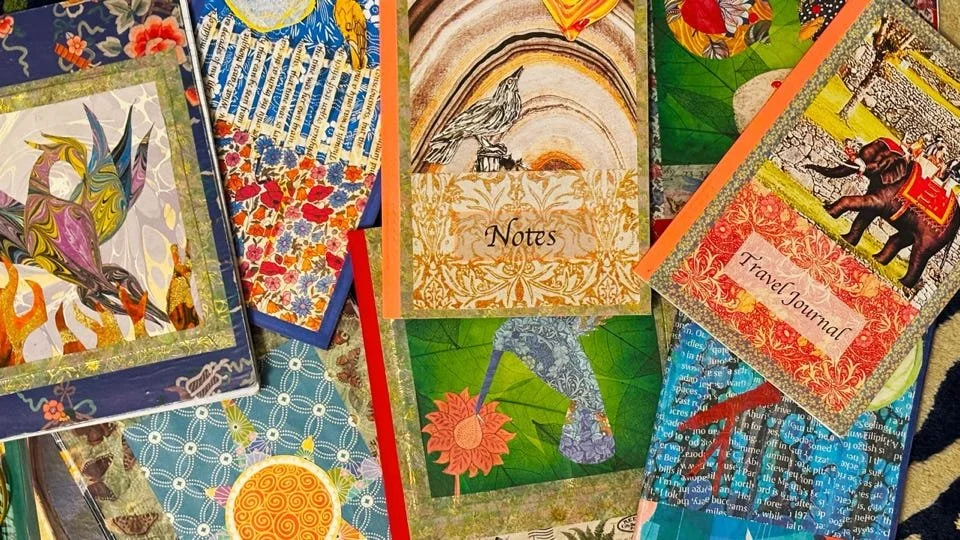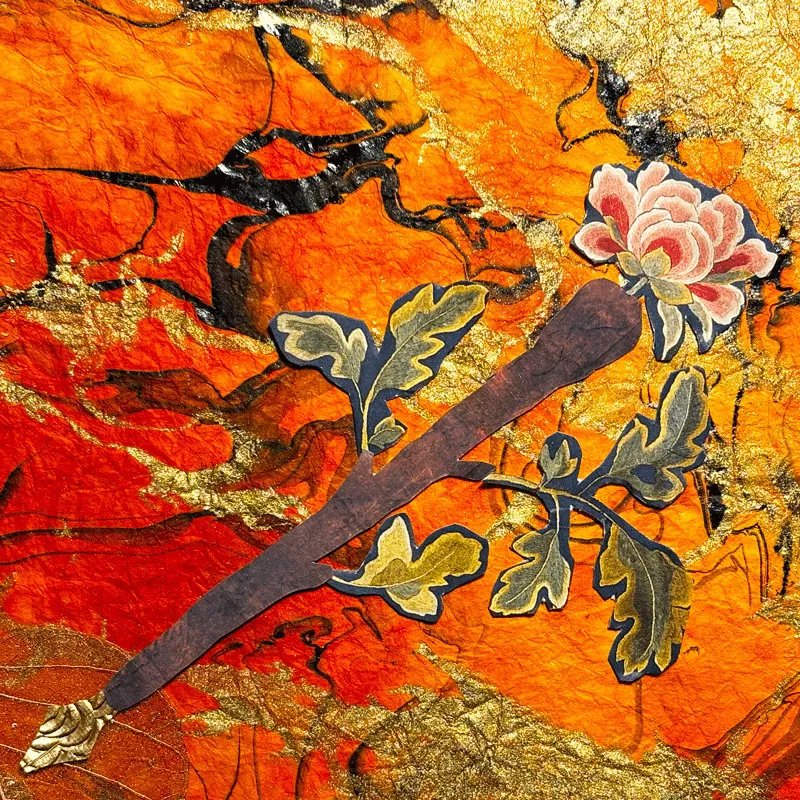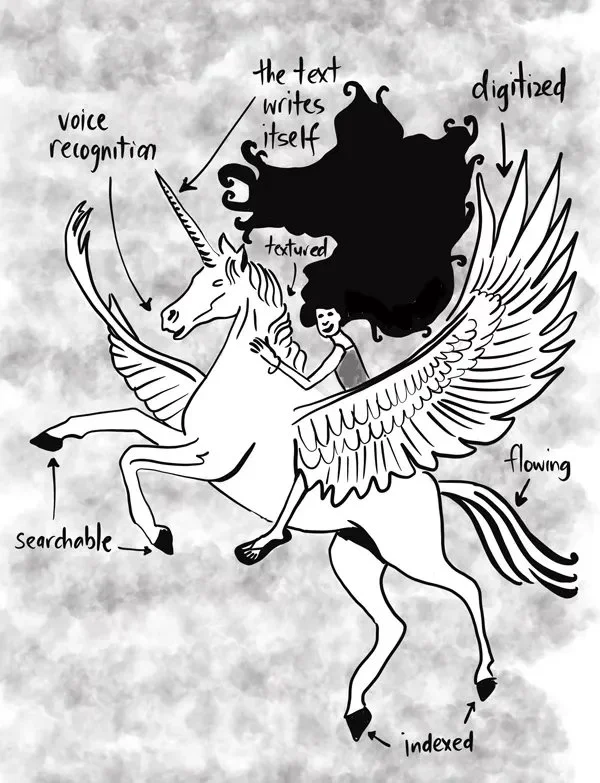How can people writing for work or study make their writing more creative? And why should they do so?
In June 2025, I invited Helen Kara, an independent researcher and scholar specialising in creative research methods, radical research ethics, and creative academic writing, to explain why it is important to write creatively at work or university and how we can infuse our writing with creativity. Helen has produced numerous books on these topics, most recently Writing Creatively for Work or Study: Easy Techniques to Engage Your Readers, published by Manchester University Press in May 2025.
In the first hour Helen and I engaged in a lively conversation about these topics, and more. The second hour, for members of our paid writing communities, consisted of a hands-on writing workshop based on exercises from Helen Kara's book.
Here is WriteSPACE Event Manager Amy Lewis’ personal account of the live event.
……………
Creativity was at the heart of this WriteSPACE Special Event. The two Helens discussed how even the driest workplace documents can benefit from a healthy dose of narrative flair, and they led participants through a hands-on workshop full of thoughtful provocations and story-stems.
Helen K noted that your first draft helps you tell the story to yourself, while the second draft shows you how to tell the story to others. Unless you know the story yourself, you won’t be able to shape it so that the reader will see it. And how do you get to know your own story? You need to take one small step outside your comfort zone. Not a swan dive — just one, sweaty-palmed, toe-wiggling step into creativity.
“Creativity isn’t new, it’s very old,” we were reminded. For too long, academia and professional writing have kept creativity locked in a dusty cupboard labelled “For Poets Only.” Helen Kara is picking that lock. She argued that all writing can be creative. Even reports. Even funding applications. Storytelling isn’t just for novelists and people with MFA degrees and tortured love lives. Are we all poets, artists, creators? Helen says yes, undoubtedly so, because creativity comes in many forms.
One factor essential for storytelling is causality. To take E. M. Forster’s famous example: if you write The king died, then queen died, you have two facts. But if you write The king died, then queen died… of grief, you suddenly have the beginning of a narrative that could be expanded exponentially. Helen encouraged us to think not only about what happened, but why it mattered.
One of the most interesting parts of the workshop in the second hour emerged from a writing exercise involving a fictional writer named Alex, who has been tasked with writing a project report that is truthful and positive, despite the inconvenient fact that one team member hindered the project.
How should Alex navigate this situation? Could they write a lie that tells the truth? Should they? Are there different kinds of truth—literal, authentic, emotional, statistical, inconvenient? How does this relate to authenticity? What’s the difference between ‘fiction’ and ‘faction’? (the latter being a blend of fact and fiction—which could be considered problematic because readers want to know which category a book falls into).
By the end of the exercise, our collective heads were spinning with delicious ambiguity. Helen Kara’s exercise encouraged us to approach such problems creatively, both in form (sketches, poems, dialogue, prose were all valid) and in content (there wasn’t a right or wrong answer for Alex’s problem).
Here are some resources that the Helens and their fellow participants recommended for anyone craving a more joyful, authentic, and creative approach to research and writing:
Doing Rebellious Research: In and Beyond the Academy (Brill, May 2022), edited by Pam Burnard, Elizabeth Mackinlay, David Rousell and Tatjana Dragovic. This book of essays encourages doctoral and higher degree research students to depart from traditional forms of research and writing.
Refining Your Academic Writing (Routledge, December 2022) by Pat Thomson. This short book by the author of the legendary Patter blog treats revision as not a boring mechanical process but a creative, imaginative craft.
Creative Research Methods in Practice (Bristol University Press), edited by Helen Kara. A series of how-tos for creative research methods.
Reimagining Doctoral Writing (University of Colorado Press, April 2022) edited by Cecile Badenhorst, Brittany Amell and James Burford. For those wondering how to make their PhD feel less like a hostage negotiation.
Co-creating stories: Collaborative experiments in storytelling (In Management Learning, 41(5), 2010) by Yiannis Gabriel and N.A.D. Connell. About the power of collaborative storytelling, inspired by the Japanese art of ‘renga’ poetry.
The Centre for Arts and Social Transformation’s Strategic Plan: The CAST centre at the University of Auckland wrote their strategic plan as a poem!
Is your PhD supervisor neurodivergent? A blog post by the Thesis Whisperer, Inger Mewburn. Vital reading for anyone navigating academia.
Helen Kara is hosting the International Creative Research Methods Conference in September this year, which you can learn more about on her website.
Creativity belongs to everyone. It’s how we connect, persuade, reveal, and (sometimes) survive. So whether you’re penning a dissertation or drafting an email about the upcoming office party, ask yourself: could this be 5% more creative? Answer: Always yes.
A warm thank you to both Helens for their insights, and to all the writers who joined us for the session.
We look forward to seeing you all at the next WriteSPACE Special Event!
WriteSPACE and WS Studio members can find the full recording of the two-hour Special Event in their Video library.
Not a member? Register to receive an email with a link to the video of the first hour.
Better yet! Join the WriteSPACE with a free 30 day trial, and access our full Library of videos and other writing resources as part of your membership plan.






